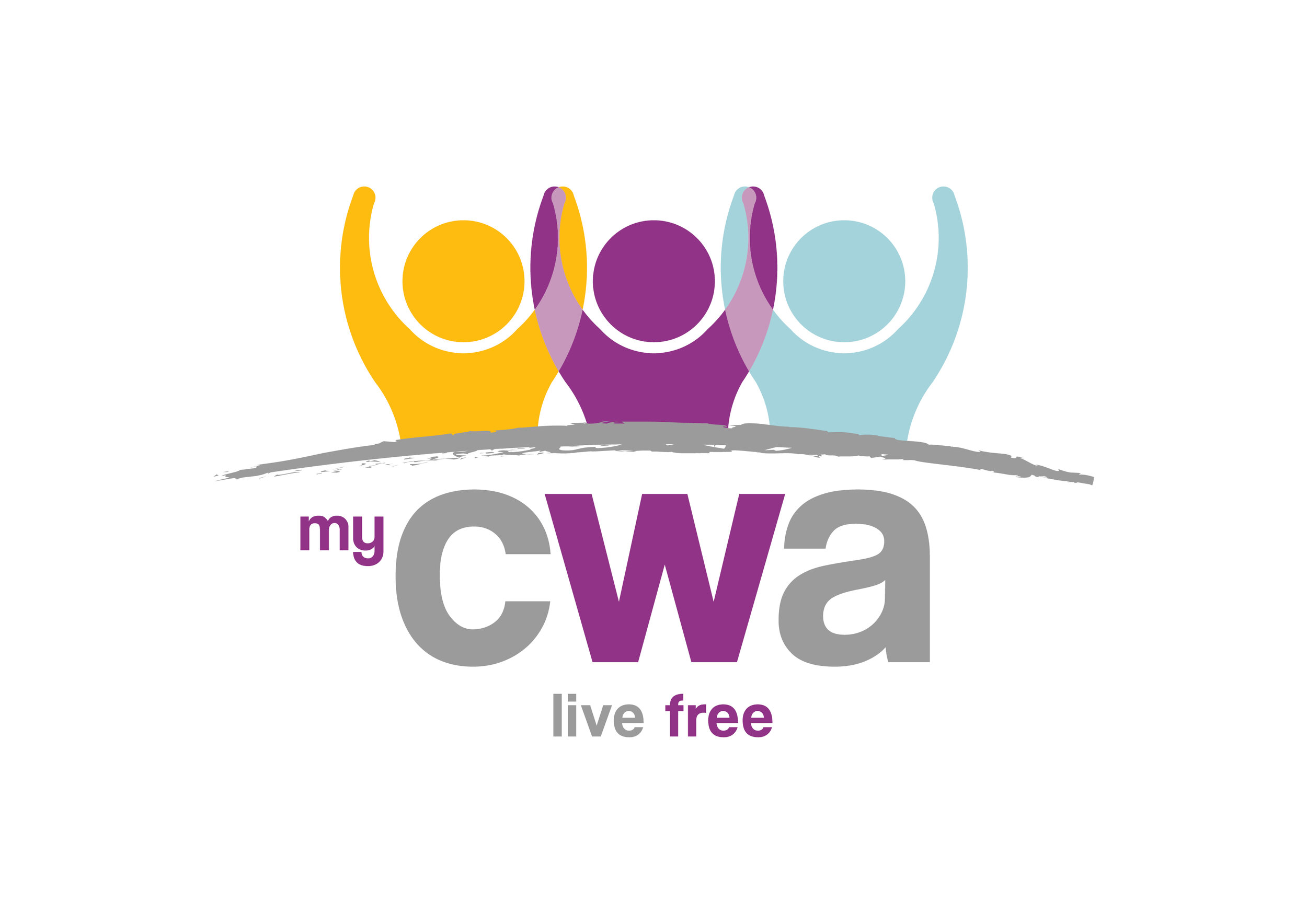get safe
The only person responsible for abuse is the perpetrator. It’s not your fault. While you can’t control the actions or behaviour of your abuser, there are steps that you can take to help keep yourself and your children safe. Whether you sense an argument bubbling up or you’re afraid that an ex-partner might return to your home, here are some ways you can minimise your risk.
Tell someone
Opening up to someone you trust can mean you have someone to keep an eye on you. Agree on a safe word or phrase that you can use to let them know you’re not ok. Make a plan for what they’d do if you use the safe word or phrase. For example, calling the police.
Plan for an emergency
Who can you turn to? Any friends? Family members? If it’s an emergency and you can’t leave, block yourself in the safest room and dial 999. Ask neighbours to call 999 if they hear a disturbance. Keep your phone close and fully charged – and put important numbers on speed dial.
Teach your children how to get help
Make sure your kids know to dial 999 in an emergency. Teach them how to give their name and address to the emergency services.
If you feel that an argument is about to happen…
Try to move to a room with exit doors so you can get outside (avoid kitchens or tool sheds as sharp objects or tools could be used as weapons). Speak calmly and confidently and try to hide your fear. Keep a safe amount of space between you and your partner if possible. If you have to escape, make sure you have somewhere safe to go.
If you’re frightened that an ex-partner might return...
If your partner no longer lives with you but you’re afraid of them returning, taking steps to improve security might make you feel safer…
Change the locks
Keep doors locked and take the keys out
Make sure your window locks work
Have smoke detectors fitted (and make sure you know where to find your door keys in case they’re activated)
Have a door viewer fitted if you can – and install a strong, robust door chain
You could also consider having an alarm system fitted, which can include a panic device.
Be ready to leave in an emergency
You should only leave your home a last resort. Consider court action to evict your partner from the premises firstly as you may not be able to gain access back into the property once you leave. If you feel as though you’re in a situation where you must leave, then take the following items if you can (try to keep them in one place in case you need to leave in a hurry).
Money (all benefit books/bank statements if benefit paid into bank account)
Social security cards and court orders
Cheque book and bank account details
Bank/credit cards
House deeds (agreements/payment books/insurance certificates)
Personal medication (prescriptions/appointment cards)
NHS card
Birth certificate/s
Photo ID (passport/s and driving licence)
Clothes and toys for children
Keys (house/car)
Photographs
Jewellery and any other items of sentimental value
Please read leaving an abusive relationship for more about what to do next. Or have a look at our self-help tools. If you need to talk, just contact us. We’re here to help.

